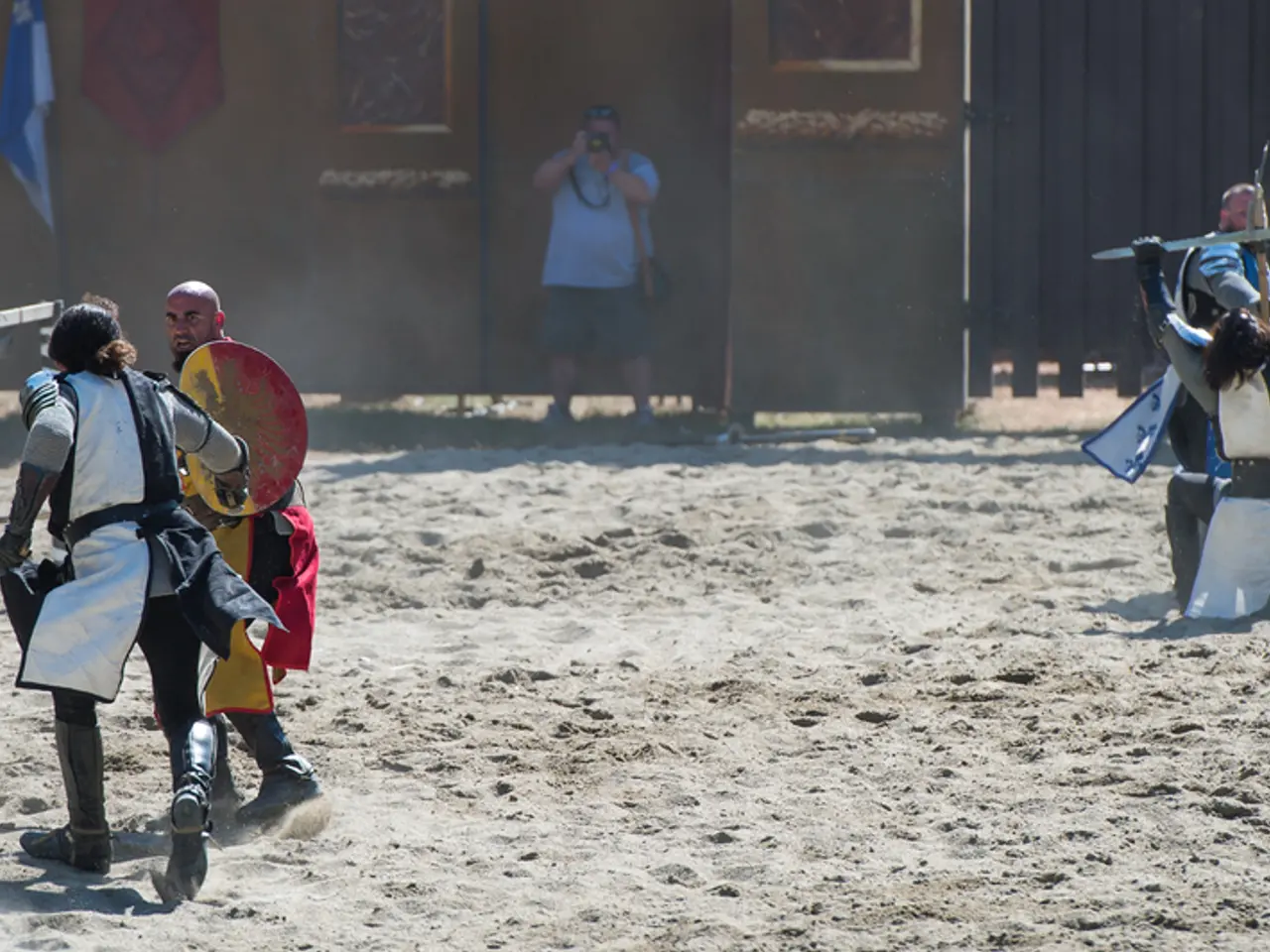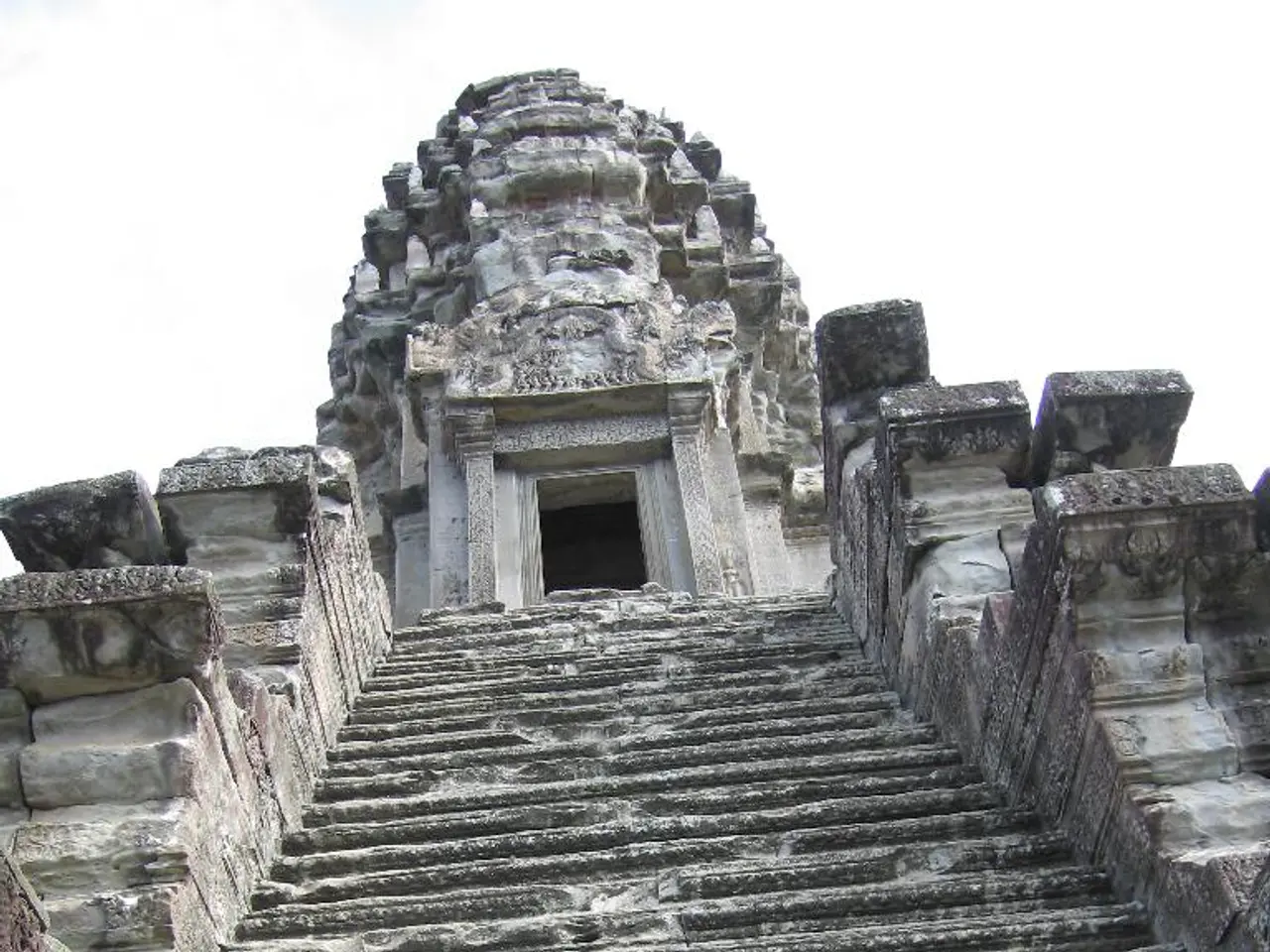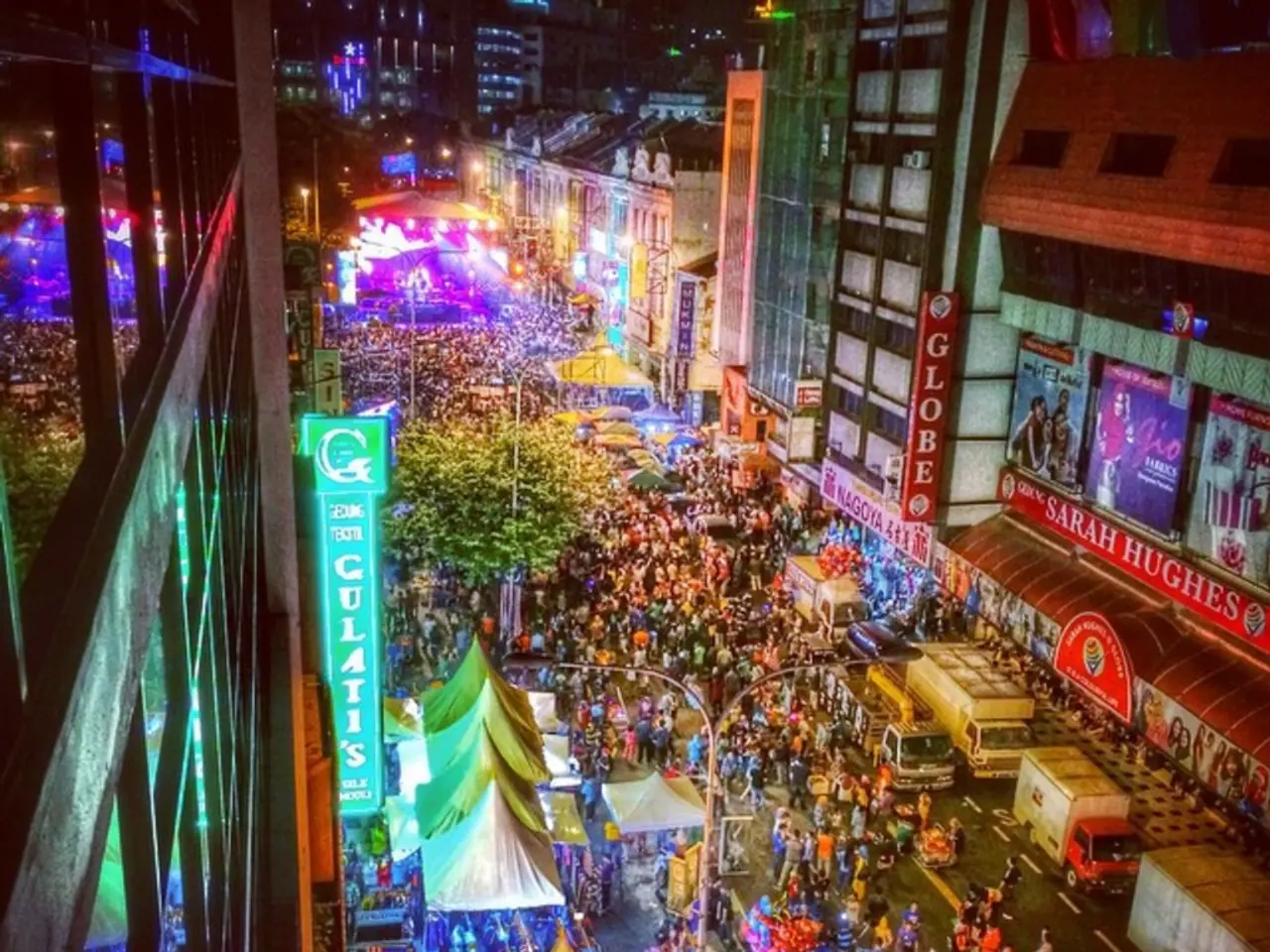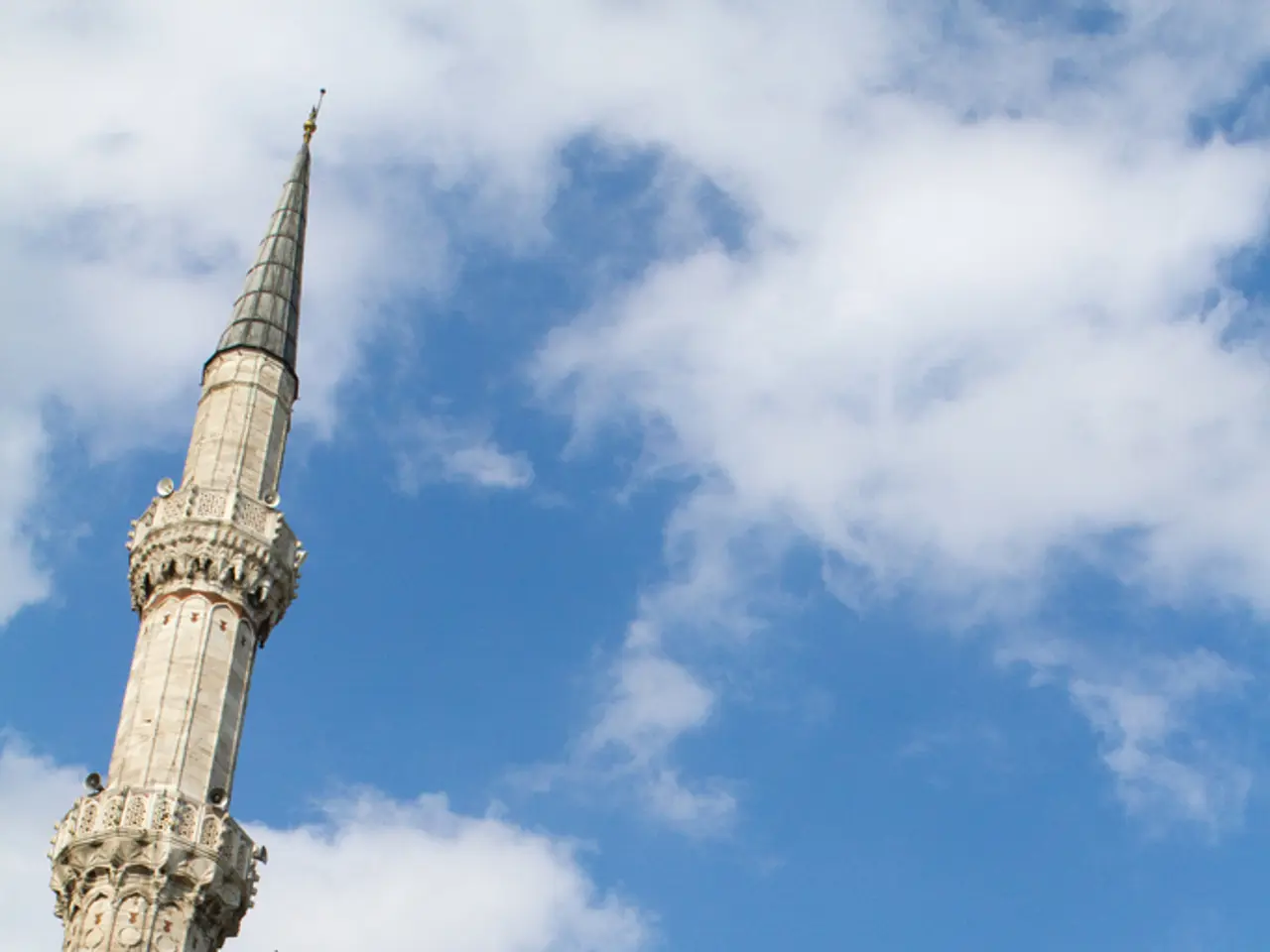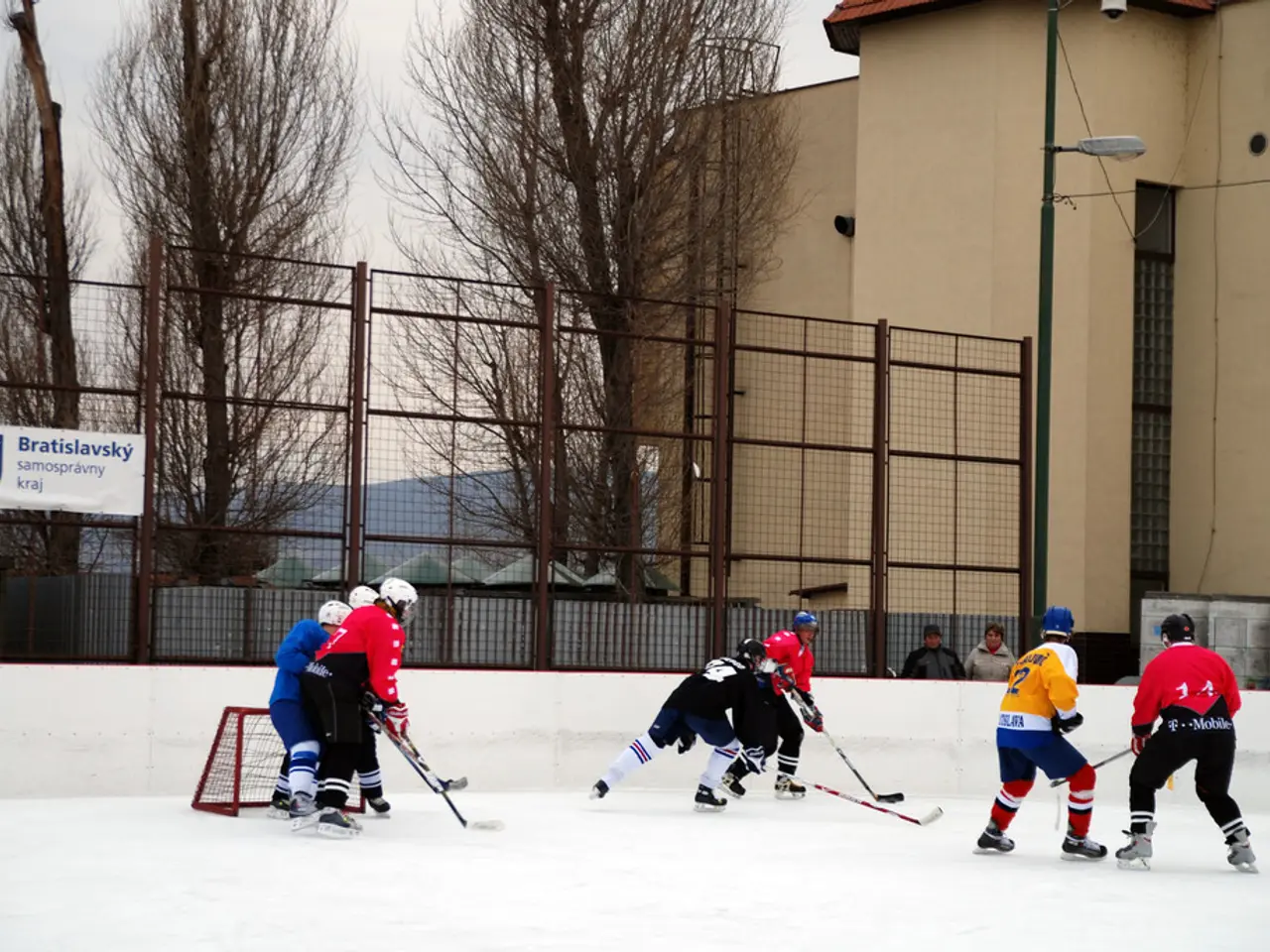Nationwide drone flights are prohibited by CAAT until August 15.
The Civil Aviation Authority of Thailand (CAAT) has imposed a nationwide ban on all civilian drone flights, effective from July 30, 2025, in response to the heightened tensions along the Thai-Cambodian border. The ban, which is set to last until at least August 15, 2025, and may be extended, covers all unmanned aerial vehicles (UAVs) except those operated by authorized security agencies.
The CAAT's authority to issue this ban is supported by national security laws. Violators of the ban will be prosecuted under the Air Navigation Act B.E. 2497 (1954) and face penalties including up to one year in prison, a fine of up to 40,000 baht, or both. Moreover, military officers are authorized to shoot down drones that breach the order.
The current border tensions stem from intense fighting that erupted on July 24, 2025, around multiple border locations including near the Temple of Ta Muen Thom. Both sides exchanged gunfire, artillery, and air strikes, resulting in military and civilian casualties, martial law in several Thai border districts, diplomatic downgrades, and recalled ambassadors. Although a ceasefire was declared after talks on July 28, clashes and security concerns persist.
In an effort to counter unidentified drone threats, the Information Security Operations Center (ISOC) has deployed rapid response teams. Thai authorities have also strengthened security at strategic sites such as provincial halls, military depots, airports, and more.
In a sombre note, a cremation was held for seven Thai civilians who were killed in a Thai-Cambodian border clash. The Army has also condemned Cambodia for spreading false claims of a pre-emptive Thai strike before the General Border Committee (GBC).
The drone ban is a security measure aimed at preventing unauthorized aerial surveillance, sabotage, and espionage amid border tensions. The CAAT has emphasized the importance of maintaining national security and ensuring public safety during this volatile period. As the situation continues to unfold, the Thai authorities remain vigilant and committed to maintaining peace and stability along the border.
- The heightened tensions along the Thai-Cambodian border, resulting in war-and-conflicts and general-news, have led to the need for technology to be employed in maintaining public safety, such as the rapid response teams deployed by the Information Security Operations Center (ISOC) to counter unidentified drone threats.
- Amid the volatile period of border tensions, it is crucial for politics to prioritize maintaining public safety and national security, as demonstrated by the Civil Aviation Authority of Thailand (CAAT) imposing a drone ban to prevent unauthorized aerial surveillance, sabotage, and espionage.
